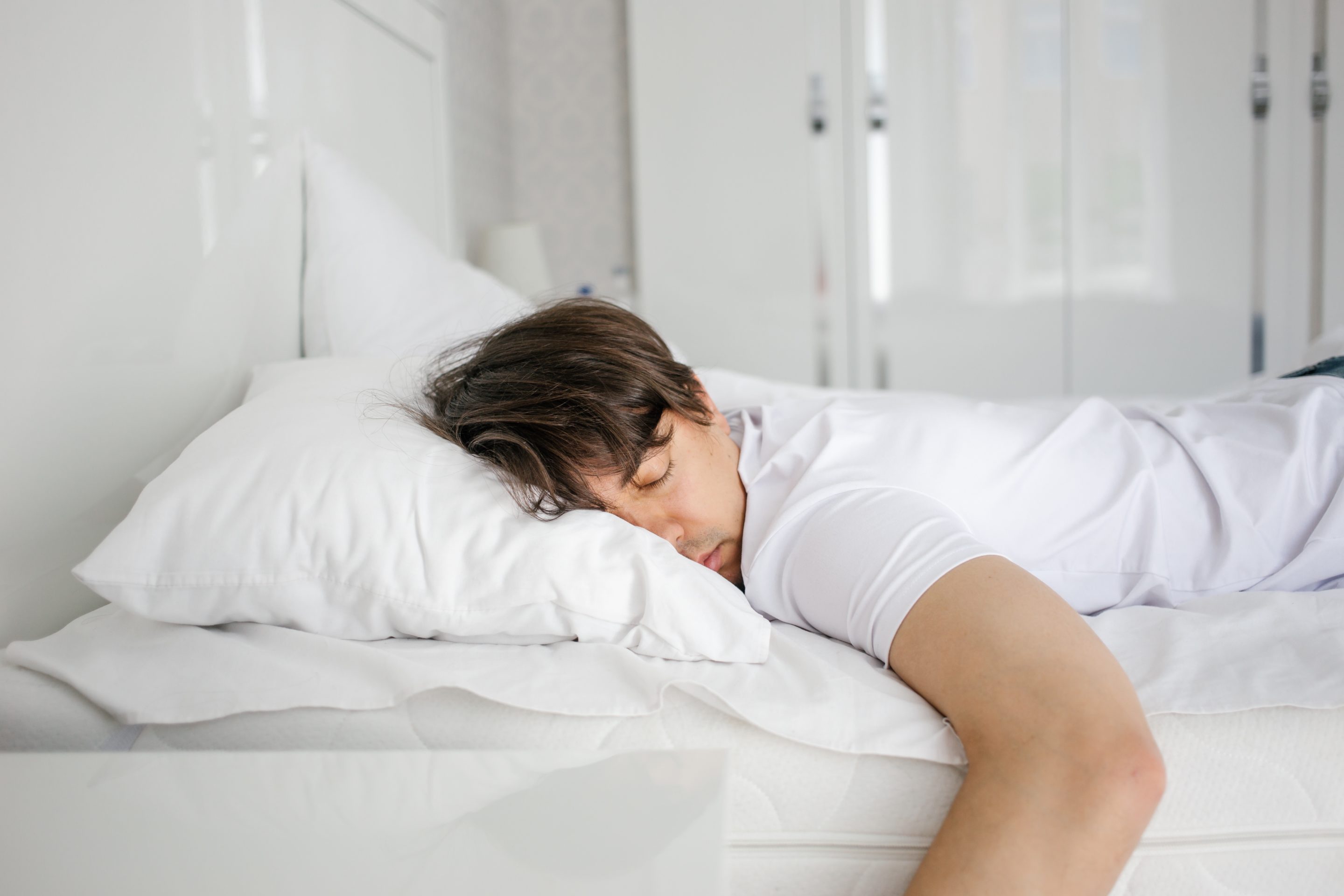As we age, changes in sleep patterns and increased prevalence of sleep disorders can contribute to sleepiness and fatigue among seniors. Addressing these common challenges is essential for promoting quality sleep and overall well-being in older adults. Let's explore the causes of sleepiness in seniors and strategies for managing this issue effectively. modafinil is prescribed medicine by a doctor to treat sleepiness due to narcolepsy disorder
Understanding Sleepiness in Seniors
Definition of sleepiness in seniors
Sleepiness in seniors refers to excessive daytime drowsiness or fatigue that interferes with daily activities and quality of life. While occasional tiredness is normal, persistent sleepiness can be indicative of underlying sleep disturbances or medical conditions.
Normal changes in sleep patterns with aging
As individuals age, they often experience changes in sleep patterns, including decreased total sleep time, lighter sleep, and more frequent awakenings during the night. These age-related changes can contribute to daytime sleepiness and fatigue in seniors.
Factors contributing to sleepiness in seniors
Several factors can contribute to sleepiness in seniors, including chronic medical conditions (e.g., arthritis, heart disease), medication side effects, environmental factors (e.g., noise, temperature), lifestyle habits (e.g., irregular sleep schedules), and untreated sleep disorders (e.g., sleep apnea, insomnia).
Common Challenges Associated with Sleepiness in Seniors
Insomnia and difficulty falling asleep
Many seniors experience difficulty falling asleep or staying asleep, known as insomnia. Insomnia can be caused by various factors, including pain, anxiety, depression, medication side effects, or disruptions in circadian rhythms.
Fragmented sleep and frequent awakenings
Seniors may also experience fragmented sleep with frequent awakenings throughout the night. Factors such as bladder problems, sleep apnea, or discomfort due to medical conditions can disrupt sleep continuity and contribute to daytime sleepiness.
Sleep disorders such as sleep apnea and restless legs syndrome
Sleep disorders such as obstructive sleep apnea (OSA) and restless legs syndrome (RLS) are common among seniors and can significantly impact sleep quality and daytime functioning. OSA is characterized by pauses in breathing during sleep, while RLS involves an irresistible urge to move the legs, often accompanied by uncomfortable sensations.
Health Implications of Sleepiness in Seniors
Increased risk of falls and accidents
Sleepiness in seniors is associated with an increased risk of falls, accidents, and injuries. Daytime drowsiness can impair balance, coordination, and reaction times, making seniors more susceptible to accidents both at home and in the community.
Impaired cognitive function and memory
Chronic sleepiness can negatively impact cognitive function and memory in seniors, leading to difficulties with attention, concentration, and information processing. Sleepiness-related cognitive impairment can interfere with daily activities and diminish overall quality of life.
Negative impact on physical and mental health
Persistent sleepiness can have broader implications for physical and mental health in seniors, increasing the risk of cardiovascular disease, diabetes, depression, and other chronic conditions. Addressing sleepiness is essential for maintaining optimal health and well-being in aging populations.
Strategies for Addressing Sleepiness in Seniors
Establishing a regular sleep schedule
Encouraging seniors to maintain a consistent sleep schedule, including regular bedtime and wake-up times, can help regulate circadian rhythms and improve sleep quality. Avoiding naps late in the day can also promote better nighttime sleep.
Creating a comfortable sleep environment
Creating a comfortable and conducive sleep environment is essential for promoting quality sleep in seniors. This includes ensuring a comfortable mattress and pillows, minimizing noise and light disturbances, and maintaining a comfortable room temperature.
Promoting relaxation techniques and stress management
Encouraging seniors to practice relaxation techniques such as deep breathing, meditation, or gentle yoga before bedtime can help promote relaxation and reduce sleep-related anxiety. Managing stress effectively can also contribute to better sleep quality and daytime alertness.
Seeking medical evaluation and treatment for underlying sleep disorders
If sleepiness persists despite implementing lifestyle changes, seniors should seek medical evaluation for underlying sleep disorders or medical conditions. Treatment options may include medications, continuous positive airway pressure (CPAP) therapy for sleep apnea, or cognitive-behavioral therapy for insomnia.
Conclusion
In conclusion, addressing sleepiness in seniors requires a multifaceted approach that considers the underlying causes and incorporates strategies to promote quality sleep and daytime alertness. By understanding the challenges associated with sleepiness in seniors and implementing appropriate interventions, caregivers, healthcare providers, and seniors themselves can improve sleep outcomes and enhance overall quality of life.
FAQs
Is it normal for seniors to experience changes in sleep patterns? Yes, changes in sleep patterns are common as individuals age, including decreased total sleep time, lighter sleep, and more frequent awakenings during the night.
What are some lifestyle factors that can contribute to sleepiness in seniors? Lifestyle factors such as irregular sleep schedules, excessive caffeine or alcohol consumption, lack of physical activity, and exposure to stimulating activities before bedtime can contribute to sleepiness in seniors.
How can caregivers help seniors manage sleepiness? Caregivers can help seniors manage sleepiness by promoting healthy sleep habits, creating a comfortable sleep environment, encouraging relaxation techniques, and assisting with medical evaluation and treatment for underlying sleep disorders.
Are there any medications that can help improve sleepiness in seniors? While medications may be prescribed to treat underlying sleep disorders or medical conditions contributing to sleepiness in seniors, they should be used judiciously and under the guidance of a healthcare professional to minimize potential side effects and risks.
What should seniors do if they continue to experience sleepiness despite implementing lifestyle changes? Seniors who continue to experience sleepiness despite implementing lifestyle changes should consult with their healthcare provider for further evaluation and treatment. Underlying sleep disorders or medical conditions may require specialized management to improve sleep quality and daytime functioning.

Comments
Post a Comment